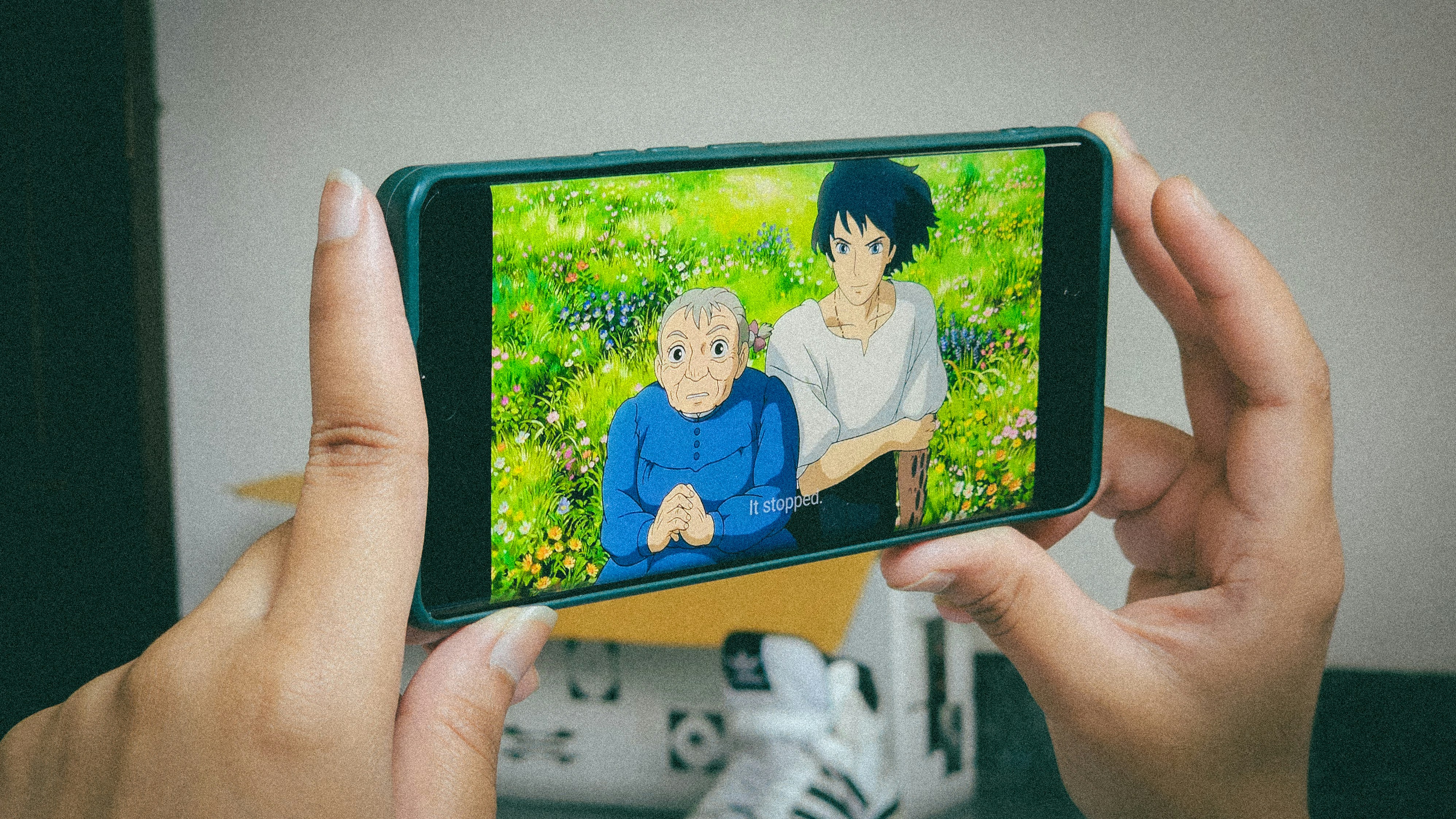Fostering Empathy Through Video Games: A New Frontier in Interactive Storytelling
The world of video games has evolved significantly since the early days of Pong and Space Invaders. Today, developers are leveraging the interactive nature of gaming to create immersive experiences that elicit powerful emotional responses. One of the most intriguing developments in this regard is the use of video games as a medium to foster empathy.

Historical Context: From High Scores to Heart Strings
In the early years, video games were typically associated with competition and high scores. However, as technology evolved, developers started experimenting with narrative-driven experiences. Games like Sierra’s “King’s Quest” series and LucasFilm’s “Monkey Island” introduced players to captivating worlds and characters, setting the stage for the evolution of storytelling in gaming.
The Emergence of Empathy Games
The term “empathy game” was first coined in the mid-2010s to describe games designed to evoke empathy and compassion. Examples include “Papers, Please,” where players take on the role of an immigration officer at a border checkpoint, and “That Dragon, Cancer,” a heart-wrenching tale of a family dealing with their son’s terminal illness. These games offer players a safe space to explore sensitive topics and gain a deeper understanding of experiences different from their own.
Current Landscape: Empathy Games in 2022
Empathy games have continued to evolve, with recent titles like “Tell Me Why” and “Life is Strange 2” exploring complex social issues like gender identity and racism. These games not only challenge players to think critically about these topics but also offer a unique perspective that can foster empathy. It’s a trend that is gaining momentum, with more developers exploring this space in their storytelling.
Impact and Reception: Touching Hearts and Shaping Minds
Empathy games have had a profound impact on both players and the industry as a whole. They’ve been lauded for their ability to touch players on a deeply emotional level, and many gamers have reported feeling more empathetic and understanding as a result of their experiences. Critics, too, have praised these games for their innovative use of the medium to tackle important social issues.
Looking Ahead: The Future of Empathy Games
The future of empathy games looks bright. As technology continues to advance, so too does the potential for even more immersive and emotionally charged experiences. And as society becomes increasingly aware of the importance of empathy in fostering understanding and combating prejudice, it’s likely that empathy games will continue to play a significant role in this ongoing conversation.
In conclusion, video games have come a long way from their simplistic origins. Today, they’re not just a source of entertainment but also a powerful tool for fostering empathy and understanding. Empathy games are a shining example of how interactive media can be used to bridge cultural and social divides, promoting tolerance and compassion in an increasingly connected world.




